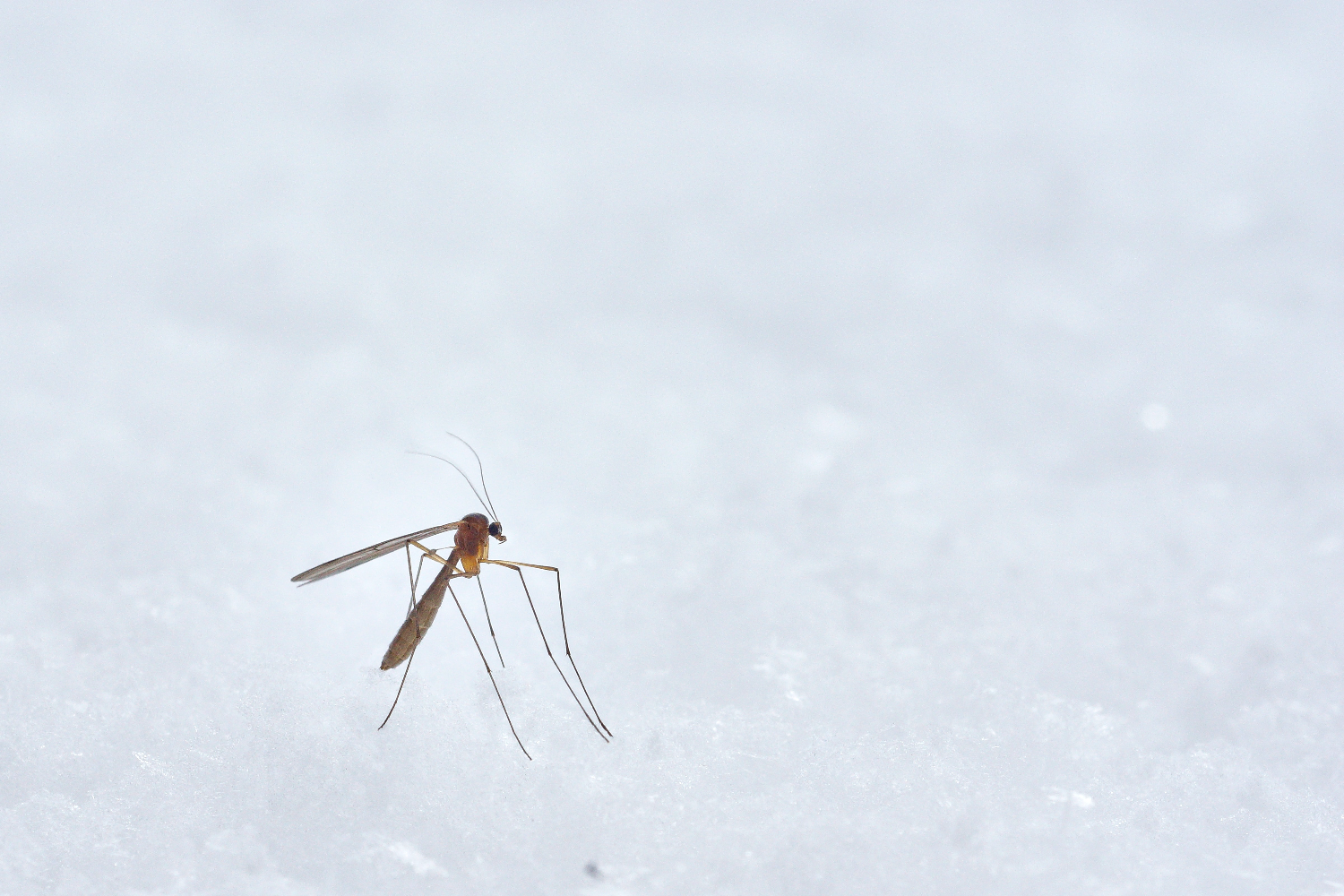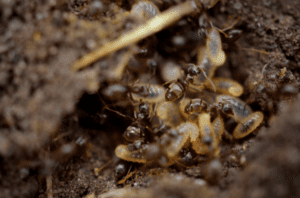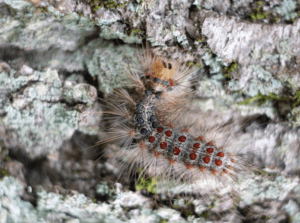
With fall bringing with it cooler temperatures you can thankfully bid farewell to mosquitoes for a while. No more itchy bites, annoying incessant buzzing, or sleepless nights spent swatting away these pests. That is until the warmer months roll around again.
However, contrary to popular opinion, mosquitoes don’t die off in some happy hunting ground when the temperatures start to drop. So, where exactly do they go in the winter months?
The Mosquito's Life Cycle
Mosquitoes develop in four stages in their lifespan, starting out as eggs. The eggs are laid by the females, usually on the surface of standing water or in damp or very wet places. The species of the mosquito, temperature, and the amount of water all play a role in determining when the eggs will hatch. The usual time is about 24-48 hours after laying. But eggs can also survive a few months in dry conditions before hatching. However, no hatching will happen without water, as mosquitoes need water to develop into adults. Like most insects, larvae emerge from the eggs and these “wrigglers” feed on tiny microorganisms in the water or damp soil. The larvae then molt three times before turning into pupae, referred to as “tumblers”. At this stage they still live in water but stop feeding. After about a week at most, tumblers molt into adults. The adult mosquitoes can now fly away to look for food -the males will look for nectar from plants and the females for blood. In most mosquito species, it is the females who need blood to lay eggs. Once they obtain the blood they need, they look for water to lay their eggs, restarting the life cycle.Where Do Mosquitoes Go?
Mosquitoes prefer temperatures of 80°F and higher, so it’s common sense that they are more of a problem during the warmer months and high summer. The warmer months are also wetter, and mosquitoes need water to survive. They don’t like temperatures below 50°F. Once the cooler weather arrives, they will become less active. Adult males have a very short lifespan and die off after mating, while the females have different methods of overwintering, depending on the species of mosquito. They usually do their overwintering by going into one of the four development phases. This process is not unlike hibernation. Let’s take a look at these development stages for overwintering.- Eggs
- Larvae and pupae
- Adults






